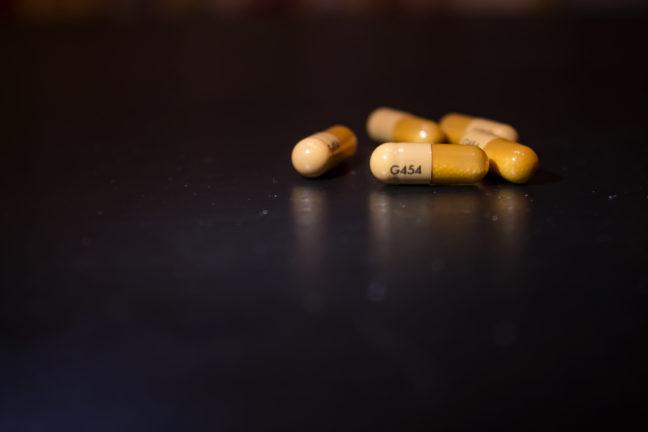A mental health clinic opening in Fitchburg is aiming to treat mental health conditions such as depression with ketamine, an anesthetic used in hospitals.
Revival Infusion would not be the first ketamine clinic in Wisconsin, with others in Milwaukee and other cities. Ketamine clinics have increased as research into the drug has expanded, according to the Wisconsin State Journal. Recent studies have shown that ketamine can be effective in treating mental health disorders, Revival Infusion founder Sarah Wilczewski said in an email statement.
“There are a handful of studies out there on ketamine use for mental health disorders, mostly looking at treatment-refractory depression,” Wilczewski said. “The results are pretty remarkable— most of these studies have shown a 60% response rate with a single dose of ketamine, and this increases to an 80% response rate after completing the full six infusions.”
Wilczewski said she decided to start her clinic following her own experience with mental health struggles. A registered nurse anesthetist at UW Health, Wilczewski said she had experience using ketamine as an anesthetic and had heard about the possibilities of its mental health treatment properties.
“Back in October, I went through something traumatic, and ended up diagnosed with PTSD,” Wilczewski said. “I needed to seek out mental health care for the first time in my life, and it was incredibly eye-opening. You always hear that there is a lack of access to quality mental health providers, but you never realize this to the full extent until you’re in that position.”
Patients receiving ketamine treatment will typically go to a clinic up to three times a week at first, but will visit less as time goes on, Wilczewski said. The efficacy of the drug has in part been attributed to its fast-acting nature, as it helps patients sooner than standard antidepressants, which may take up to six weeks to fully work, according to CNN.
Research into ketamine’s effectiveness is still ongoing. This past fall, a psychoactive medication program began at the University of Wisconsin School of Pharmacy, with some of the research centered on ketamine.
“I personally feel that ketamine, as well as other psychedelics, are going to become increasingly popular treatment modalities for mental health disorders,” Wilczewski said. “Research is booming in the field, and I think it’s just a matter of time before people realize the positive outcomes that can be seen using these treatments.”
UHS has a variety of mental health services available for students struggling with depression, which can be found here.


